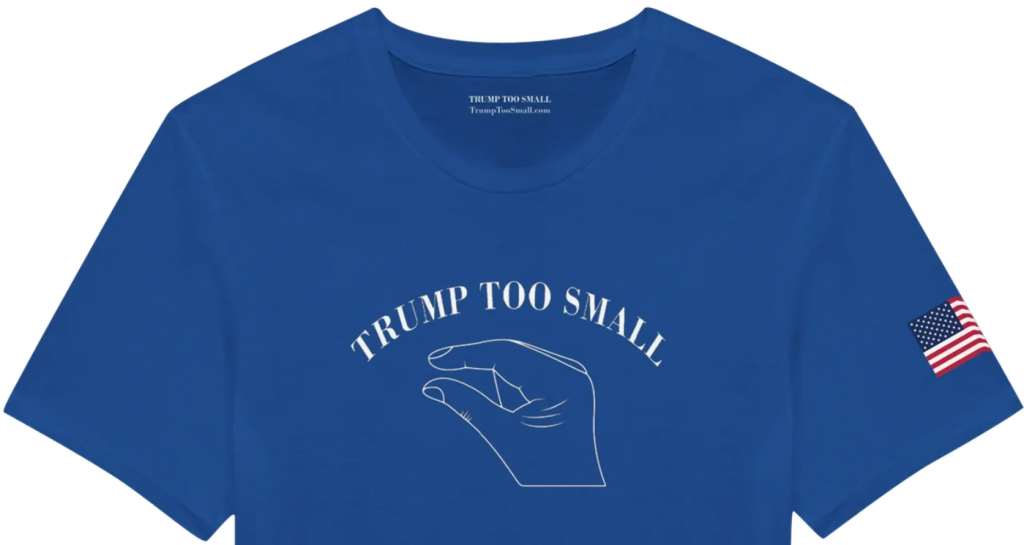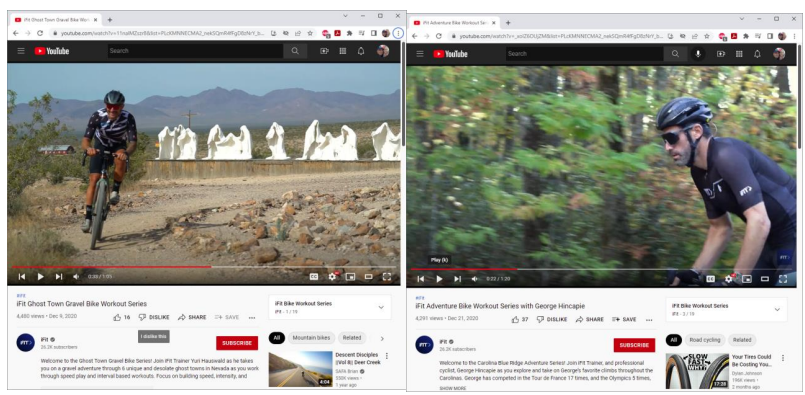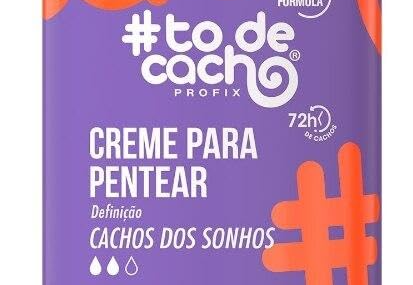by Dennis Crouch
The U.S. Supreme Court has granted certiorari in Dewberry Group, Inc. v. Dewberry Engineers Inc., a trademark damages case focused on how corporate separateness principles apply to disgorgement remedies under the Lanham Act, 15 U.S.C. § 1117(a). The Fourth Circuit's decision affirmed a $43 million disgorgement award against petitioner Dewberry Group (DG) for trademark infringement, an amount that included profits earned by DG's "legally separate" corporate affiliates. Apparently, the affiliates were “single-purpose entities,” also privately owned by John Dewberry, whose sole function was to own commercial properties serviced by DG.






